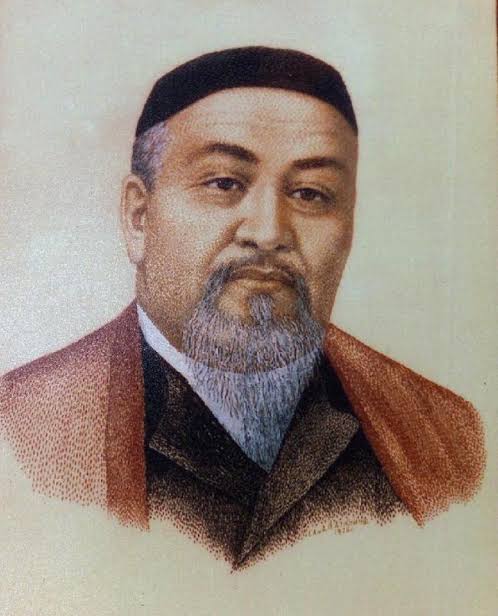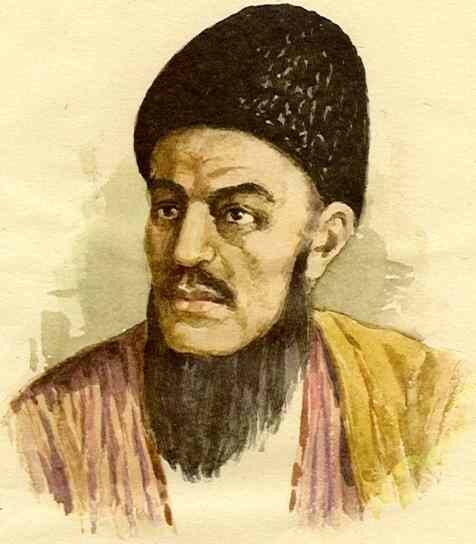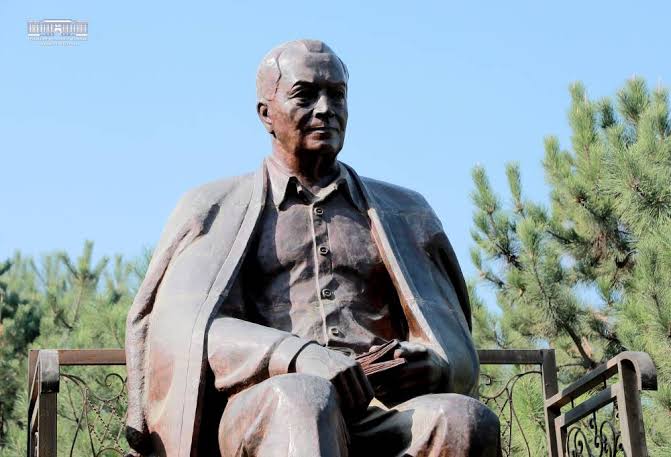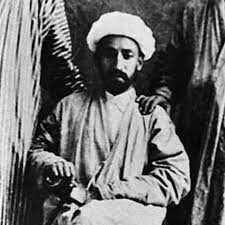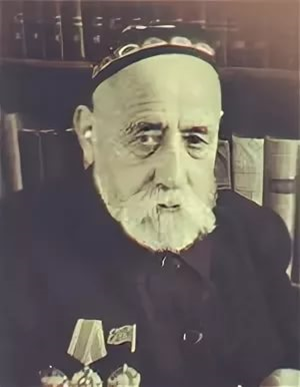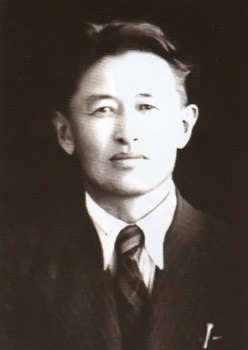Abai Qunanbaiuly (1845-1904)
Ibrahim Qunanbaiuly, known by the nickname “Abai”, was more than just a writer. He wrote poetry, composed music, taught theology, worked in politics, and more. He took an interest in poetry at an early age, studying Russian Golden Age poets like Pushkin and Lermontov. Abai also personally studied eastern poetry. He was especially fond of the Persian epic poem, “Shahnameh”.
Abai is mainly known as a poet. Most of his poetic inspiration came from folklore and tradition, painting a picture of the strong Kazakh national identity of the time. During Abai’s lifetime, most Central Asian poetry was shared orally rather than being written down. Abai himself was an aqyn, a traditional improvisational poet and singer who would share poetry and folklore through word of mouth. But during Abai’s life, Central Asia, which was once inhabited almost exclusively by nomads, was starting to become sedentary. Central Asia was opened up to outside influences, most notably Russia and China, both of which had long histories of written literature. Abai was open to these influences, and took it upon himself to write his poetry down as well as relying on oral poetry. Many educated Kazakhs followed suit, learning written poetry in tandem with traditional sung verses.
Abai was open to literary and philosophical influences in many ways. Beyond being influenced by the written poetry culture of non-Central Asia, he was influenced by their philosophy as well. He taught Islamic theology as well as spreading his own personal philosophical beliefs. In his book, “The Book of Words”, he urges people to embrace education and morality as a way to save themselves from moral corruption and poverty. The book mixes poetry and philosophical persuasive essays to convince people to use their best judgment to live a life worth living.
Abai’s face will live on forever on the 20-tenge note, but his words live yet longer in the hearts of Kazakh readers.
